Even though our summer is yet to materialise, we can always live in hope, plan for the best, and organise our summer book list. To help, here’s what the ECI team are reading as we dodge the rain and search for the sun.
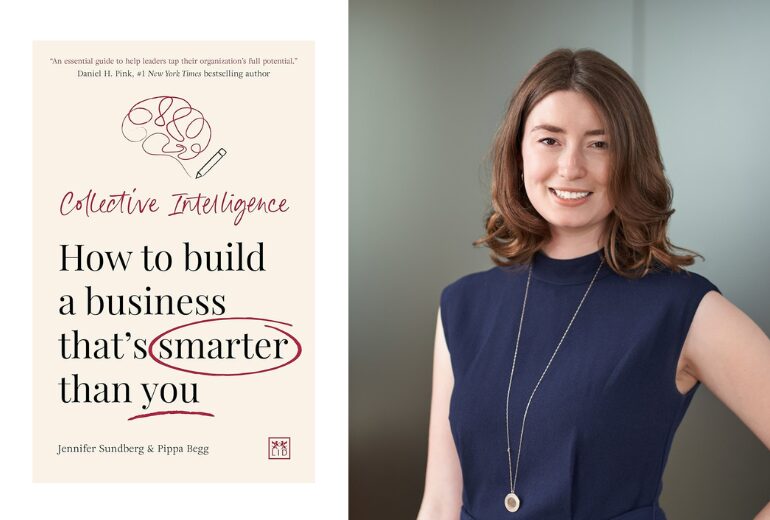
Skyler ver Bruggen
Collective Intelligence: How to build a business that’s smarter than you, by Jennifer Sundberg and Pippa Begg
Did you know that the first self-contained digital camera was invented in 1975 by a young engineer at Eastman Kodak? But the blueprints were shelved, foreshadowing the death knell some 35 years later of the company who’d thrived in the photo film business.
If they’d only asked the correct questions, Jennifer Sundberg and Pippa Begg argue, Kodak could have spotted the opportunity rather than fallen victim.
This is one of the many anecdotes Sundberg and Begg use in their book Collective Intelligence: How to build a business that’s smarter than you, which helps business leaders refine their thinking, communication and focus to achieve the titular goal. It’s a pacey, thought provoking read, born out of Sundberg and Begg’s own experience working with boards through their software company Board Intelligence, coupled with a nose for research and view to the big picture. This should be on the reading list of anyone in the boardroom, as well as for those of us interested in long term business success – and some great anecdotes for dinner party conversation.
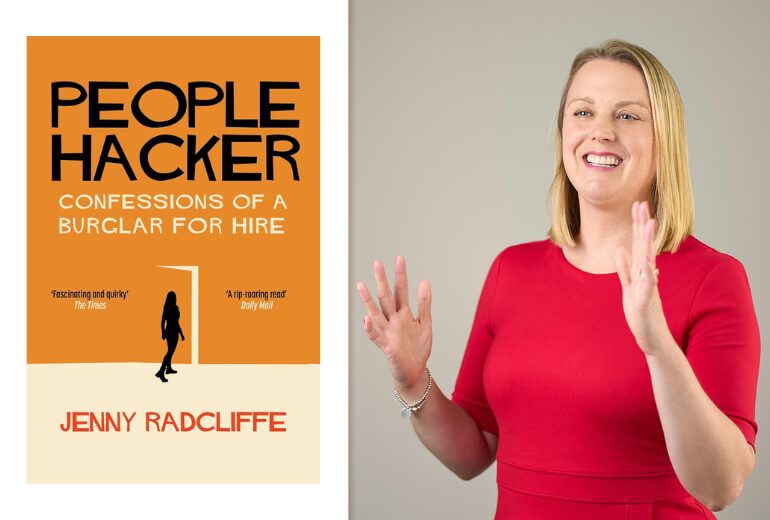
Nikki Knobel
People Hacker (Confessions of a Burglar For Hire), by Jenny Radcliffe
This isn’t a book I would naturally be drawn towards – it was part of a prize from a recent cyber training session – but it turned to be a really good read!
The book describes how Jenny Radcliffe became a ‘People Hacker’ and provides an insider account of how she uses a mix of psychology, stagecraft and charm to infiltrate and identify the weaknesses in organisations. As one of the most sought after ‘social engineers’ in the world, Jenny describes some of her tactics including releasing crickets into an auditorium of a work convention to create a distraction after she was challenged to send a message from a CEO’s phone. Or the time she was tasked to infiltrate a building and found a hole in the wall between two offices, indicating industrial espionage was at play.
The book highlights that whilst a company can be technologically secure, it’s likely to be a individual that will cause a security breach or cyber attack. It’s made me realise that there is no harm in questioning a situation or challenging someone circumventing security – you never know they might be a “Red Team” member.
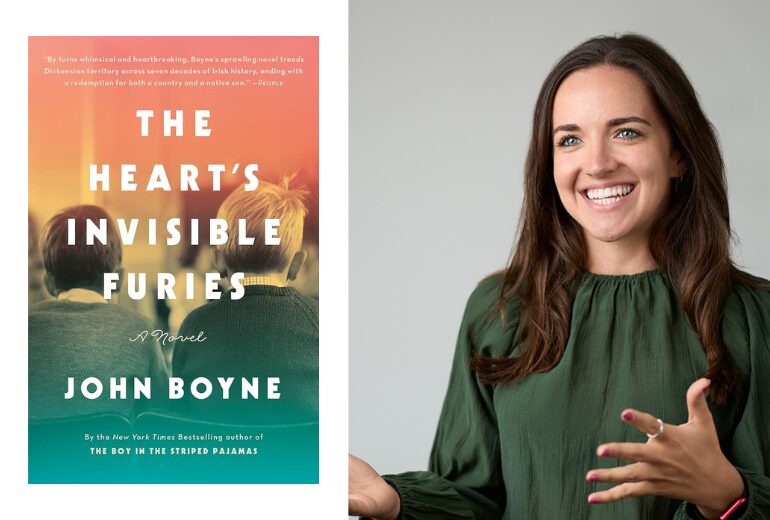
Chloe James
The Heart’s Invisible Furies, by John Boyne
The Heart’s Invisible Furies is an incredible novel. It follows the protagonist, Cyril, and his journey through growing up in Ireland in the 1940s, all the way through to the present day. The books tells his story (and the struggles of many other LGBTQ+ people), but intertwines it with the evolving social and political landscape of Ireland. We see the struggles Cyril faces – societal disapproval, forced conformity, and the constant fear of discovery. Yet, the story doesn’t wallow in despair – it celebrates love and friendship and the gradual move towards acceptance.
The book is poignant yet laced with humour, with a plot that kept me engrossed to the end – would highly recommend!
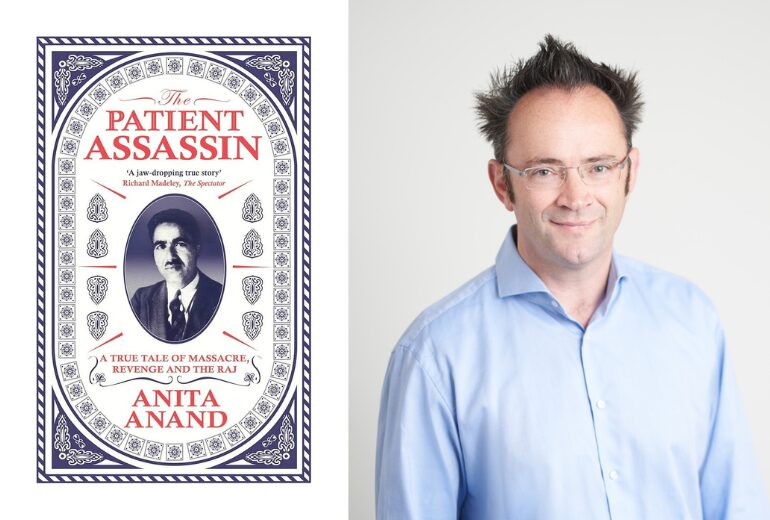
Lewis Bantin
The Patient Assassin, by Anita Anand
I found Anita Anand’s “The Patient Assassin” through her podcast, Empire, which is a great potted history of many Empires over the ages. The impact of the British Empire is – as we know – not all a bed of roses, and this story of Udham Singh’s quest for vengeance following the 1919 Jallianwala Bagh massacre in India was fascinating.
Anand meticulously researches and reconstructs Singh’s journey from the blood-soaked grounds of Amritsar to Caxton Hall in Westminster, where he calmly assassinated Michael O’Dwyer, the former Lieutenant Governor of Punjab who had ordered the massacre. Whilst a detailed piece of research, the book unfolds like a spy novel, filled with suspense amidst the rich historical detail. Anand’s portrayal of Singh as a complex political figure, rather than a mere assassin, offers an insightful perspective on the events that shaped India’s struggle for independence. As a non-historian, I found this a great way to learn about a chapter of our own history which is not as straight forward as it first appears!
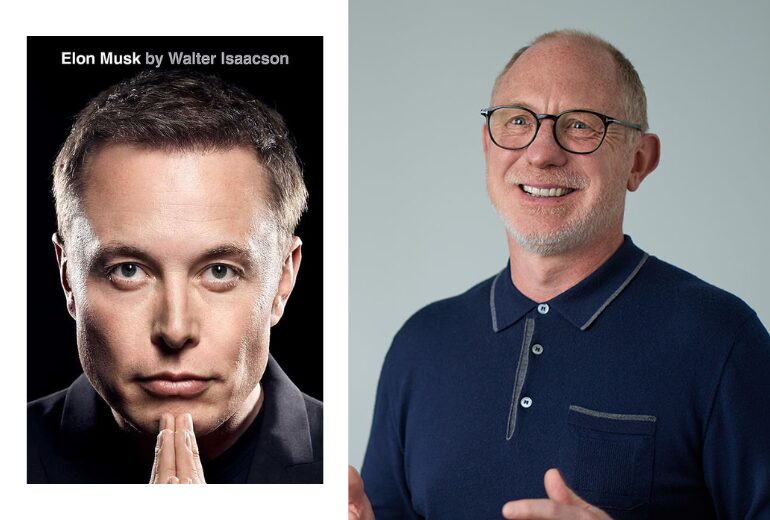
David Shiel
Elon Musk, by Walter Isaacson
Walter Isaacson’s ‘Elon Musk’ is a compelling dive into the mind of one of the most influential and controversial entrepreneurs of our time. The biography is meticulously researched and provides access to most areas of Musk’s life, detailing the complexities, contradictions, and relentless drive that have pushed him to the forefront of innovation.
From the early days of Zip2 and PayPal to the hugely ambitious ventures of Tesla, SpaceX, and beyond, the book paints a vivid portrait of Musk’s obsession with solving humanity’s greatest challenges. It provides interesting insights into Musk’s (sometimes contentious and erratic) leadership style, but you’re left in no doubt about his ability to focus on, and overcome, seemingly insurmountable obstacles, and his unwavering belief in the power of technology to change the world.
Whether you’re a business leader, aspiring entrepreneur, or simply fascinated by the intersection of technology and society, you’ll find this book a compelling read.

